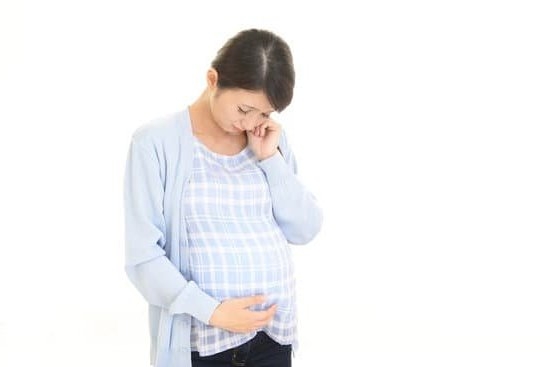How to Determine When to Take a Pregnancy Test After Embryo Transfer
Making the decision to have a baby is a major milestone in life. IVF treatments, such as embryo transfer, are one of the most effective approaches to achieving pregnancy. The process of embryo transfer, however, is just the beginning of the journey. After the embryo is transferred, you should be aware of the signs and symptoms of pregnancy and when to take a pregnancy test to determine if the embryo has implanted and is developing.
What Happens During the Embryo Transfer?
Embryo transfer is a relatively short procedure that usually takes place between the 3rd and 5th day after fertilization has occurred. During the procedure, one or two embryos are selected and transferred into the uterus for implantation by a specialized doctor. This process is typically done via catheter.
When Can I Take a Pregnancy Test After Embryo Transfer?
Timing a pregnancy test after embryo transfer is an important step in confirming the success of in-vitro fertilization. While the egg may be implanted successfully, the body must recognize the implanted embryo and produce certain hormones in order for the embryo to develop. Most in-vitro fertilization experts recommend waiting for at least 14 days after embryo transfer before administering a pregnancy test.
What Signs and Symptoms Can I Expect To See?
Although it is best to wait at least 14 days after embryo transfer to undergo a pregnancy test, there are a few signs and symptoms to watch out for in the interim:
- Fatigue: Fatigue is a common early sign of pregnancy and a common side effect of medication used during the egg transfer.
- Bloating: Bloating can be caused by the egg implantation, even prior to the production of the pregnancy hormone.
- Spotting: Some spotting or light bleeding may occur up to 10 days after embryo transfer.
Despite these signs, it is best to wait until after 14 days have passed before taking a pregnancy test. An early false positive may be caused from hormones from the egg transfer, causing an inaccurate result.
HPT Results and Accuracy
Once 14 days have passed, it is time to take the pregnancy test. Most over-the-counter home pregnancy tests (HPT) are 99% accurate. If you take a HPT and the results are positive, follow up with a second test a few days later to confirm accuracy. It is important to remember that in-vitro fertilization is only successful 20-30% of the time, so if a negative result is received there is still a chance of future pregnancy.
When to Speak to Your Doctor
It is important to speak to your doctor immediately if you experience any of the more serious signs and symptoms of pregnancy throughout the waiting period. These could include:
- Fever and chills
- Pain in the abdomen
- Heavy bleeding
- Dizziness
- Vomiting
Your doctor may recommend additional tests to determine the status of the pregnancy.
Waiting for the results of a pregnancy after an IVF treatment can be daunting. Understanding the signs and symptoms, and knowing when to take a pregnancy test can help reassure patients, as well as increase the likelihood of a successful pregnancy.

Welcome to my fertility blog. This is a space where I will be sharing my experiences as I navigate through the world of fertility treatments, as well as provide information and resources about fertility and pregnancy.





